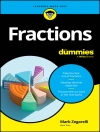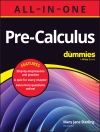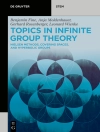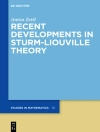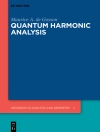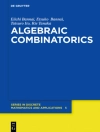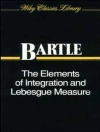The intention of this collection agrees with the purposes of the homonymous mini-symposium (MS) at ICIAM-2019, which were to overview the essentials of geometric calculus (GC) formalism, to report on state-of-the-art applications showcasing its advantages and to explore the bearing of GC in novel approaches to deep learning. The first three contributions, which correspond to lectures at the MS, offer perspectives on recent advances in the application GC in the areas of robotics, molecular geometry, and medical imaging. The next three, especially invited, hone the expressiveness of GC in orientation measurements under different metrics, the treatment of contact elements, and the investigation of efficient computational methodologies. The last two, which also correspond to lectures at the MS, deal with two aspects of deep learning: a presentation of a concrete quaternionic convolutional neural network layer for image classification that features contrast invariance and a general overview of automatic learning aimed at steering the development of neural networks whose units process elements of a suitable algebra, such as a geometric algebra.
The book fits, broadly speaking, within the realm of mathematical engineering, and consequently, it is intended for a wide spectrum of research profiles. In particular, it should bring inspiration and guidance to those looking for materials and problems that bridge GC with applications of great current interest, including the auspicious field of GC-based deep neural networks.
Cuprins
1 I. Zaplana, New Perspectives on Robotics with Geometric Calculus.- 2 C. Lavor and R. Alves, Recent advances on oriented conformal geometric algebra applied to molecular distance geometry.- 3 S. Franchini and S. Vitabile, Geometric Calculus Applications to Medical Imaging: Status and Perspectives.- 4 L. Dorst, Optimal Combination of Orientation Measurements Under Angle, Axis and Chord Metrics.- 5 P. Colapinto, Space-Bending Lattices through Conformal Transformation of Principal Contact Elements .- 6 L. A. F. Fernandes, Exploring Lazy Evaluation and Compile-Time Simplifications for Efficient Geometric Algebra Computations.- 7 E. U. Moya-Sánchez et al., A Quaternion Deterministic Monogenic CNN Layer for Contrast Invariance.- 8 S. Xambó-Descamps et al., Geometric Calculi and Automatic Learning: An Overview.
Despre autor
Sebastià Xambó-Descamps is an Emeritus Full Professor of Mathematics at the Universitat Politècnica de Catalunya/Barcelonatech and is currently visiting the Barcelona Supercomputer Center. Previously, he held positions at the Universidad Complutense de Madrid (Full Professor) and at the Universitat de Barcelona (Associate Professor). His main research interests are algebraic geometry (intersection theory and enumerative geometry), information theory (coding theory and code-based post-quantum cryptography), computational methods (computer mathematics and symbolic computation), mathematical models in physics and engineering, geometric calculus and its applications to deep learning. Author of
Block Error-Correcting Codes, A Computational Primer and
Real Spinorial Groups, A Short Mathematical Introduction.


